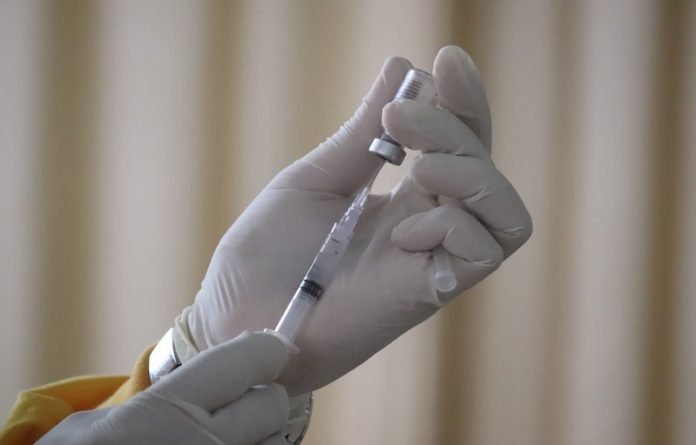
Scientists from the University of Surrey found that 20 different COVID-19 variants were effectively identified and neutralized after a third booster.
The research is published in Nature Microbiology and was conducted by Dr. Daniel Horton et al.
In the study, the team aimed to understand the immune response of individuals aged 70–89 who had received the Pfizer-BioNTech vaccine.
This vaccine works by triggering the immune system to create Y-shaped proteins, known as antibodies, that can stick to the spike proteins which are found on the surface of the coronavirus.
If a person is infected with SARS-CoV-2, the antibodies bind the spike proteins preventing the virus from attaching to and entering the human cell, therefore helping to protect from severe disease.
Antibodies also act as a beacon to alert the immune system to help fight the infection.
While the results suggested that immunity decreases 20 weeks after vaccination, a third booster (of the Pfizer-BioNTech vaccine, in the case of this study) helped the immune system to identify and neutralize the 20 different variants.
The antigenic map allowed the team to identify and measure how each variant impacted the immune system.
The team says understanding how the levels of neutralizing antibodies relate to a well-defined immune response will be an important step in understanding how the immune system responds to SARS-CoV-2 and could also help in the management of COVID-19.
This information could help scientists to understand whether the risk of breakthrough infections, hospitalization and death is increased by waning immunity or new variants.
Research comparing immune responses to different SARS-CoV-2 variants and understanding the role of different mutations is vital in the management of the COVID-19 pandemic and in predicting the outcome of new variants.
If you care about COVID, please read studies about antibodies that block all the COVID-19 variants, and Vitamin D level could determine severity of COVID-19 infection.
For more information about COVID, please see recent studies about how COVID-19 is linked to diabetes, and results showing kidney injury from COVID-19 may be twice as common as diagnosed.
Copyright © 2022 Knowridge Science Report. All rights reserved.



